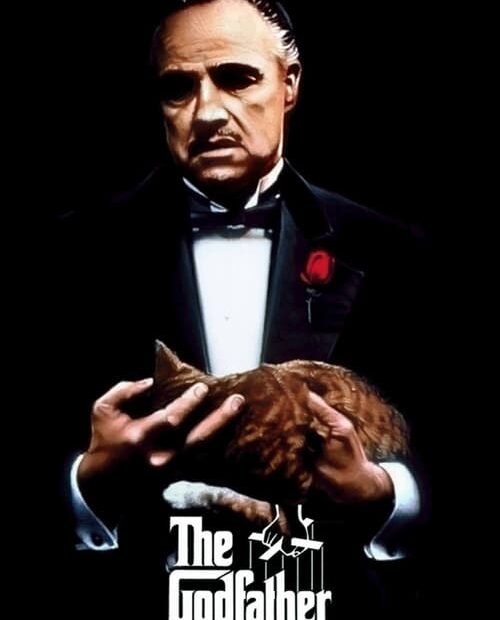The Godfather: A Spoiler-Filled Recap
Ah, The Godfather. A movie that not only defines the gangster genre but also offers a masterclass in family dysfunction, all while making you question your own dinner table conversations. Let’s dive into this cinematic masterpiece and spoil it for you—because who needs suspense when you have dry humor?
So, picture this: it’s 1945, and we’re introduced to Don Vito Corleone, played by Marlon Brando, who could easily win a contest for the least expressive face while still being terrifying. He runs a little family business in New York, which, let’s be honest, makes your average family bakery look like a mom-and-pop shop. The Corleones are not your typical family; they’re more like a family that might just break your kneecaps if you forget their birthday.
Don Vito is known for doing favors—like a mobster version of Oprah, but instead of giving away cars, he’s giving out favors that involve some serious moral ambiguity. “You’ll do me a favor someday,” he says, which sounds innocent until you realize that’s code for “I’ll need you to dispose of a body.” It’s all fun and games until someone doesn’t return the favor, am I right?
Then comes the whole drug problem. Apparently, the Corleones are not down for the whole narcotics scene. This leads to a series of unfortunate events, like a really bad family reunion. When Don Vito refuses to help get the drugs into New York (because who needs the competition?), he finds himself the target of some very unhappy rivals. It’s like refusing to share your pizza with a bunch of hangry teenagers; eventually, they’re going to get angry, and you’ll end up with a pie in your face—or a hit on your head.
Enter Michael Corleone, played by Al Pacino, who starts out as the “good son”—you know, the one who’s not involved in the family business and is just trying to live a normal life. But, as we all know, life has a funny way of dragging you back into the family drama, especially when your dad gets shot at a restaurant. That’s right, folks, nothing says “Welcome to the family” quite like a near-fatal assassination attempt.
So, what does Michael do? He decides to take matters into his own hands, which is a classic case of “I didn’t want to get involved, but now I’m in up to my ears.” He goes from being a war hero to a full-fledged mobster faster than you can say “Leave the gun, take the cannoli.”
Fast forward, and Michael’s got a plan. He kills a cop and a drug lord in one fell swoop, proving that he’s not just a pretty face but also a pretty dangerous one. He takes over the family business while Don Vito watches from the sidelines, probably thinking, “Well, I guess I did raise him right… in a really wrong way.”
In a classic twist of fate, Michael ends up embracing the dark side, solidifying his role as the new Don. It’s like watching a caterpillar turn into a butterfly, except instead of wings, he gets a suit and a whole lot of blood on his hands. And just when you think he’s going to break the cycle, he goes ahead and orders the murder of the heads of the other families, proving that family values are only as good as your last hit.
And let’s not forget about that iconic finale where Michael stands there, all stoic, as he solidifies his reign. The chilling conclusion? The family is united, but at what cost? Sure, they’re all together, but it’s like the world’s most dysfunctional family reunion, with added corpses and a side of betrayal.
So, there you have it! The Godfather is a tale of power, family, and a whole lot of regret. It’s a film that reminds us that blood is thicker than water—unless, of course, you’re talking about the blood of your enemies. Just remember, next time someone asks if you want to be part of the family business, it might be best to decline politely. You never know what kind of “favor” they might ask for!
